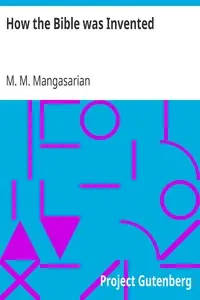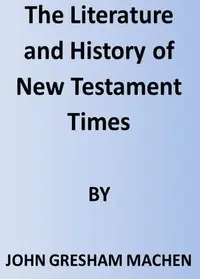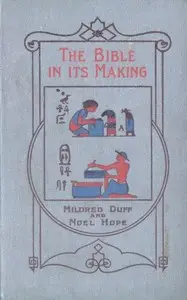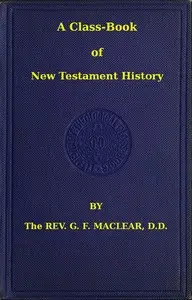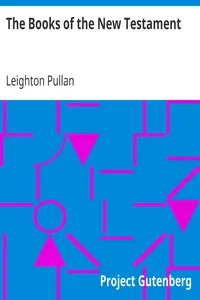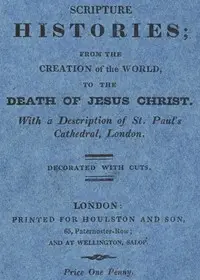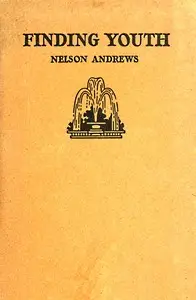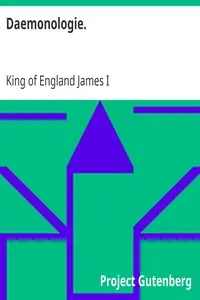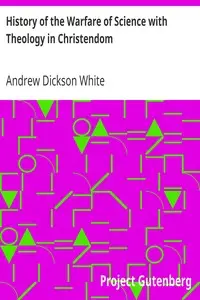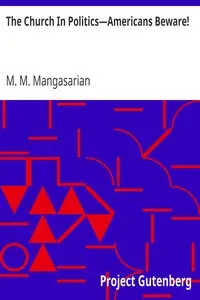"The Making of the New Testament" by Benjamin Wisner Bacon examines how the New Testament came to be. The author begins with an apparent contradiction, noting that early Christians didn't want strict rules but eventually created a set of sacred writings. The text explores the important parts that Jesus and Paul played, explaining how their teachings aimed to free faith from the law and introduce a fresh view of the relationship between God and people. This introduction sets the stage to explore the history of early Christian writings and their importance in influencing the faith.
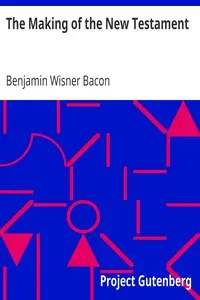
The Making of the New Testament
By Benjamin Wisner Bacon
Discover the surprising story behind Christianity's most pivotal book on how it was created, highlighting faith, freedom, and the creation of scripture.
Summary
About the Author
Benjamin Wisner Bacon was an American theologian. He was born in Litchfield, Connecticut and graduated from Yale College in 1881 and Yale Divinity School in 1884. After serving in pastorates at Old Lyme, Connecticut (1884–1889), and at Oswego, New York (1889–1896), he was made an instructor in New Testament Greek at Yale Divinity School and became in 1897 professor of New Testament criticism and exegesis. The degrees D.D., Litt.D., and LL.D. were conferred upon him. Besides contributions to the Hibbert Journal and to the American Journal of Theology, his writings include:The Genesis of Genesis (1891)
Triple Tradition of the Exodus (1894)
The Sermon on the Mount (1902)
The Story of St. Paul (1904)
An Introduction to the New Testament (1907)
The Founding of the Church (1909)
The Fourth Gospel in Research and Debate (1909)
Jesus the Son of God (1911)
The Making of the New Testament (1912)
Theodore Thornton Munger (1914)
Is Mark a Roman Gospel? (1919)
The Gospel of Mark: Its composition and date (1925)
Benjamin Wisner Bacon was an American theologian. He was born in Litchfield, Connecticut and graduated from Yale College in 1881 and Yale Divinity School in 1884. After serving in pastorates at Old Lyme, Connecticut (1884–1889), and at Oswego, New York (1889–1896), he was made an instructor in New Testament Greek at Yale Divinity School and became in 1897 professor of New Testament criticism and exegesis. The degrees D.D., Litt.D., and LL.D. were conferred upon him. Besides contributions to the Hibbert Journal and to the American Journal of Theology, his writings include:The Genesis of Genesis (1891) Triple Tradition of the Exodus (1894) The Sermon on the Mount (1902) The Story of St. Paul (1904) An Introduction to the New Testament (1907) The Founding of the Church (1909) The Fourth Gospel in Research and Debate (1909) Jesus the Son of God (1911) The Making of the New Testament (1912) Theodore Thornton Munger (1914) Is Mark a Roman Gospel? (1919) The Gospel of Mark: Its composition and date (1925)

